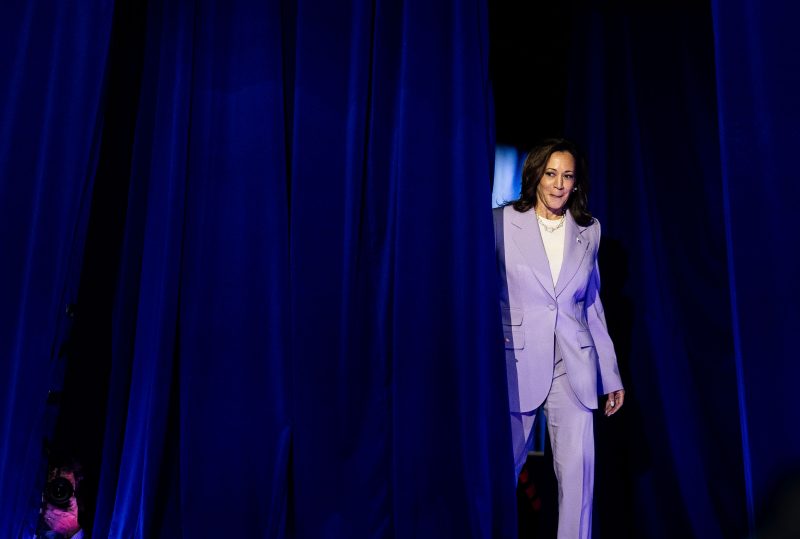
Harris Joins the Fight: No More Taxes on Tips, Following Trump’s Lead
In a surprising move, Senator Kamala Harris recently announced her support for ending taxes on tips, just weeks after former President Donald Trump made a similar pledge. This development has sparked discussions and debate across the political spectrum.
Harris’ endorsement of eliminating taxes on tips is grounded in the belief that service industry workers, such as restaurant servers, bartenders, and delivery drivers, should retain their hard-earned tips without them being subject to taxation. This proposal aligns with the broader progressive agenda of advocating for the rights and fair treatment of workers, especially those in lower-wage sectors.
The issue of taxing tips has long been controversial, with proponents arguing that tips are an essential part of the income for many service workers and should not be further reduced through taxation. Critics, however, contend that exempting tips from taxes could lead to potential revenue losses for the government and create loopholes that could be exploited.
It is worth noting that the tipping culture in the United States is deeply ingrained, with customers often expected to tip service workers as a sign of appreciation for good service. The practice of tipping has been a subject of debate regarding its impact on the livelihoods of workers and whether it perpetuates wage disparities.
The timing of Harris’ announcement, coming so soon after Trump’s similar stance on the issue, raises questions about the bipartisan appeal of such a policy change. While Harris and Trump are from opposing parties, their convergence on this particular issue underscores the pressing need to address the challenges faced by service industry workers.
The potential implications of eliminating taxes on tips are vast and warrant further exploration. Advocates argue that such a move could lead to increased financial stability for service workers, boosting their overall well-being and job satisfaction. However, critics warn of the possible repercussions on government revenue and the broader tax system.
As the debate unfolds, it is essential for policymakers to consider the diverse perspectives and interests at stake. Finding a balance between supporting service workers and maintaining a sustainable tax system will require careful deliberation and collaboration across party lines.
In conclusion, Senator Kamala Harris’ backing of ending taxes on tips is a significant development that highlights the ongoing discourse around the treatment of service industry workers and the role of tipping in American society. The intersection of economic policy, labor rights, and societal norms in this debate underscores the complexity of addressing issues that impact a wide range of stakeholders.
